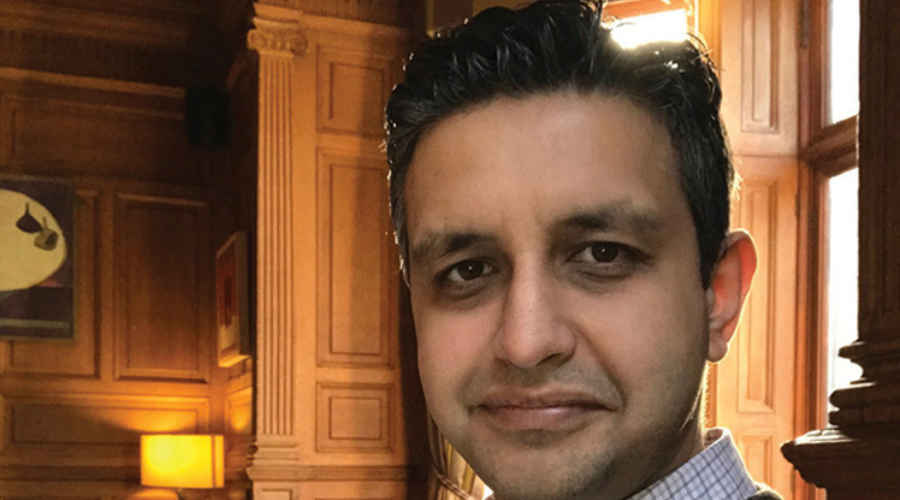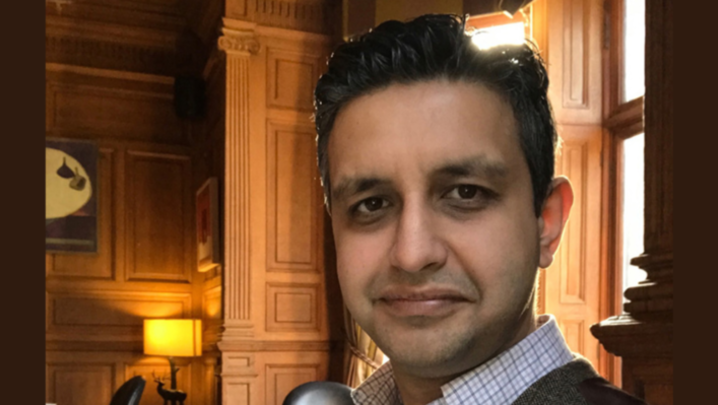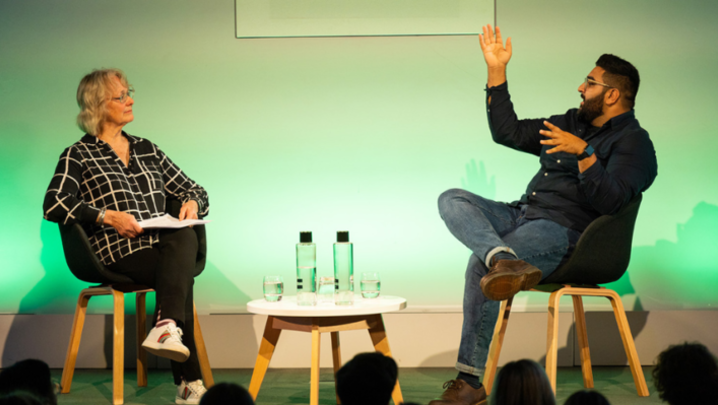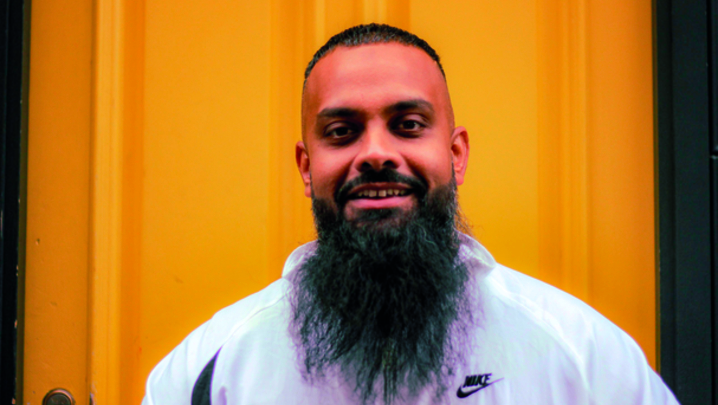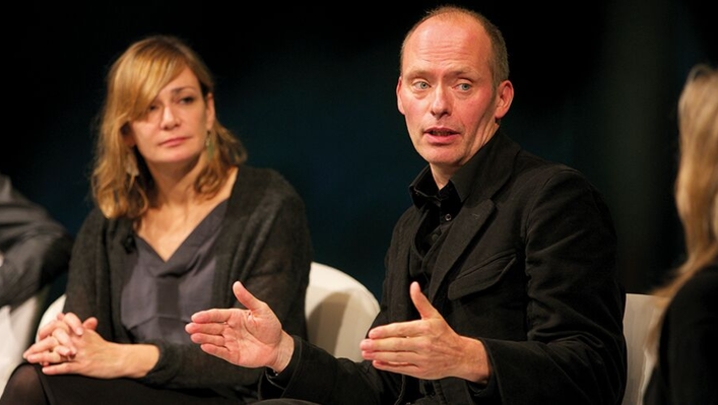Kully Khaila mourns the axing of the soap, but is optimistic that regional production can recover
Like a patient receiving life-changing news when they only went in for a routine check-up, last October’s BBC announcement that the long-running daytime drama Doctors was to be axed was a shock.
For more than two decades, Doctors has been part of the TV audience’s daytime routine across the nation. The final episode will be shown in December 2024, when the surgery closes its doors for ever. It promises to go out with a bang.
Letherbridge may be a fictional Midlands town, but the BBC Drama Village in Birmingham, where it is filmed, is very real. The people who make the show work as hard as anyone on any TV drama that is produced anywhere.
Episodes are written, filmed, edited and delivered at astonishing speed, all on tight budgets. The Drama Village team also produces global success stories such as Father Brown and Sister Boniface Mysteries.
Over the years, award-winners including Eddie Redmayne, Jodie Comer, Emilia Clarke and this year’s RTS Midlands Baird Medal winner, Richard Armitage, have passed through those famous surgery doors.
Doctors has been an engine for growth in the under-resourced Midlands and a way for so much talent on both sides of the camera to find a footing in drama before, hopefully, graduating to bigger things. Where will those opportunities come from once Doctors ends?
The reason for its demise is super-inflation in drama production coupled with the monumental investment required to refurbish the site where it is made or to relocate. An average of 1.6 million live viewers is no longer enough to justify the outlay when faced with massively increased costs and the challenges of a licence fee rise below the rate of inflation.
Father Brown and Sister Boniface Mysteries have found audiences across the globe and generate revenue for BBC Studios, but Doctors is not best placed to emulate their success.
The Writers’ Guild of Great Britain has criticised the broadcaster’s decision to cancel Doctors and has called on the BBC to serve and represent the Midlands better.
The BBC has restated its commitment to the region, with a pledge that its funding will be reinvested in new programming in the Midlands. Details are still being discussed. Dozens if not hundreds of RTS members and freelancers are anxiously waiting and hoping for something to keep them in the region.
The cancellation of Doctors may make it seem as if drama in the Midlands is on life support, but school drama Phoenix Rise continues to make superb TV in Coventry, and production of the long-running BBC primetime drama Silent Witness is to move to the Midlands this spring.
Kudos Knight, the partnership between Kudos and Steven Knight, is based in Digbeth, and Knight’s keenly anticipated music drama This Town premieres this year – so the genre is not flatlining quite yet.
We will all play a part in the post-Doctors recovery and hope to see a Midlands drama scene restored to vigorous health.
ITV, for its part, continues to film across the region: Three Little Birds, Joan and Changing Ends were just some of the shows that were made in the Midlands last year.
Filming in England and Film Birmingham will highlight many other broadcasters and streamers who use the abundant locations and expert crews available here. But to thrive, the Midlands needs a consistent screen ecology in order to build and retain the best talent.
Later this year, the RTS in the Midlands will help give Doctors a celebratory send-off. The RTS will remain a part of the many conversations around nurturing talent and the retention of experienced craft people, and will help members to connect with one another to find opportunities when the series ends.
Drama is at its best when conflict sparks a range of emotions and ultimately finds a satisfying resolution. For now, we in the Midlands are left on a cliffhanger, awaiting that elusive next episode.
Kully Khaila is Chair of RTS Midlands

